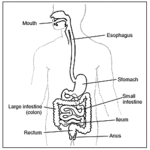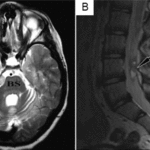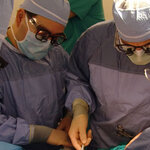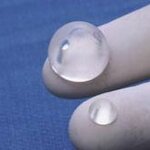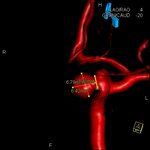
Norma Wooley checked into Loyola University Hospital on a recent Monday morning for brain surgery to repair a life-threatening aneurism (also: aneurysm). She went home on Tuesday, cured of the slurred speech, drooping face and worst headache of her life.
Wooley had a cerebral aneurism, a weak spot in a blood vessel that balloons out and fills with blood. About six million Americans -- 1 in 50 people -- have brain aneurisms that could rupture. Each year, aneurisms burst in about 25,000 people, and most die or suffer permanent disabilities, according to the Brain Aneurysm Foundation.
Dr.…
